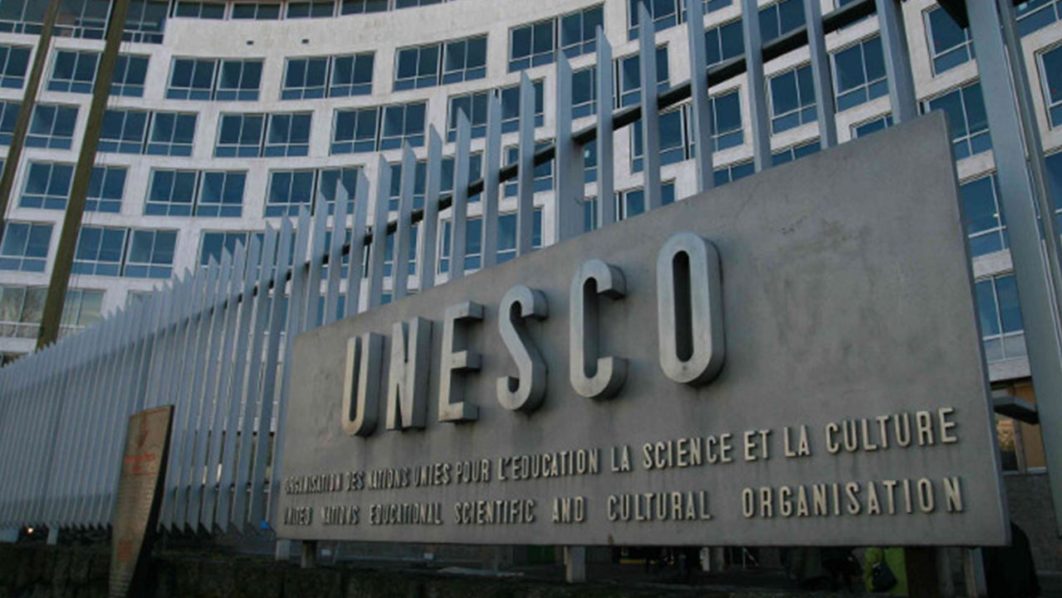
As the International Mother Language Day (IMLD) holds today, United Nations Educational, Scientific and Cultural Organisation (UNESCO) has called on nations to pursue a policy of multilingual education.
It also advised that children should be taught in their mother tongue during the earliest years of their schooling, which can be combined with the official language of instruction, an approach known as multilingual education.
The Director-General, Audrey Azoulay, said: “To help fight the current global learning crisis, while preserving the linguistic diversity, which is an essential cultural element, UNESCO urges governments to embrace multilingual education based on the mother tongue from the earliest years of schooling. We know it works – there is empirical evidence to prove it helps children learn.”
On the yearly event, which holds every February 21, the global agency also reminded the world of the importance of safeguarding indigenous languages. At least 40 per cent of the more than 6,700 languages spoken around the world are threatened with extinction in the long term, due to a lack of speakers.
UNESCO leads the Indigenous Languages Decade 2022-2032, a 10-year action plan to draw the world’s attention to the critical loss of indigenous languages and the urgent need to preserve, revitalise and celebrate them.
Also speaking, an academic and Director, Centre for Igbo Studies (CIS), University of Nigeria, Nsukka, Chris Uchenna Agbedo, a Professor of Linguistics, observed: “The world’s languages are in the region of 7,000, with some better documented and more spoken than others. This discrepancy in terms of documentation and use portends real danger for the less-favoured languages, mostly minority group languages and indigenous languages of ex-colonial states of Africa, which are increasingly being haunted by threats of endangerment and outright extinction. This explains the premium being placed on the International Mother Language Day, as part of a larger initiative to turn around the dwindling fortunes of many linguistic communities and breathe life into their languages and cultural heritage.”
Agbedo said most of the world’s languages face differing degrees of endangerment. “Even when there are many spoken languages today, majority of them face threat of extinction either because many are no longer spoken or many have remained largely undocumented.”
This forms one of the primary motivations for this annual international observance,” the academic said. In the Centre for Igbo Studies (CIS), University of Nigeria for instance, our core mandate is to ensure the development, promotion and sustenance of Igbo language and culture. For us, IMLD presents another of such auspicious opportunities to sustain the advocacy for the speaking and writing of the Igbo language.
In light of this year’s central theme, which highlights multilingual education as a game-changer for transforming education, we envision the central role that CIS is positioned to play within the multilingual context of the University of Nigeria community.
He said this year’s IMLD celebration seeks to explore the extent to which potentials of multilingualism can transform education from a lifelong learning perspective and in different contexts.
UNESCO’s World Inequality Database on Education shows that, globally, children being taught in a language they speak at home are 30 per cent more likely to read with understanding by the end of primary school than those who do not speak the language of instruction. Evidence also shows that learning in first language or mother tongue education improves children’s social skills.
The idea to celebrate International Mother Language Day (IMLD) initiated by Bangladesh was approved by the 1999 UNESCO General Conference and has been observed worldwide since 2000.
The annual commemoration of the inaugural celebration held in 2000 began as a tribute to the Bengali Language Movement, which sought to recognise Bengali as the official language of present-day Bangladesh. Originally, the region, which was considered as part of East Pakistan, had large Bengali communities with distinctive language and cultural heritage, whose linguistic plights mirrored similar sour experiences of small linguistic communities around the global community.
The story of state-sponsored mass killings of Bengalis during the 1952 Bengali Language Movement’s mass procession to draw global attention to their linguistic plights inspired the United Nations to designate February 21 as International Mother Language Day. The primary goal of this initiative is to save the world’s languages from extinction. Since its commencement in 2000, every international observance has been having a theme, with each year’s celebration incorporating new elements to educational efforts at preservation of indigenous languages and promotion of language learning.



